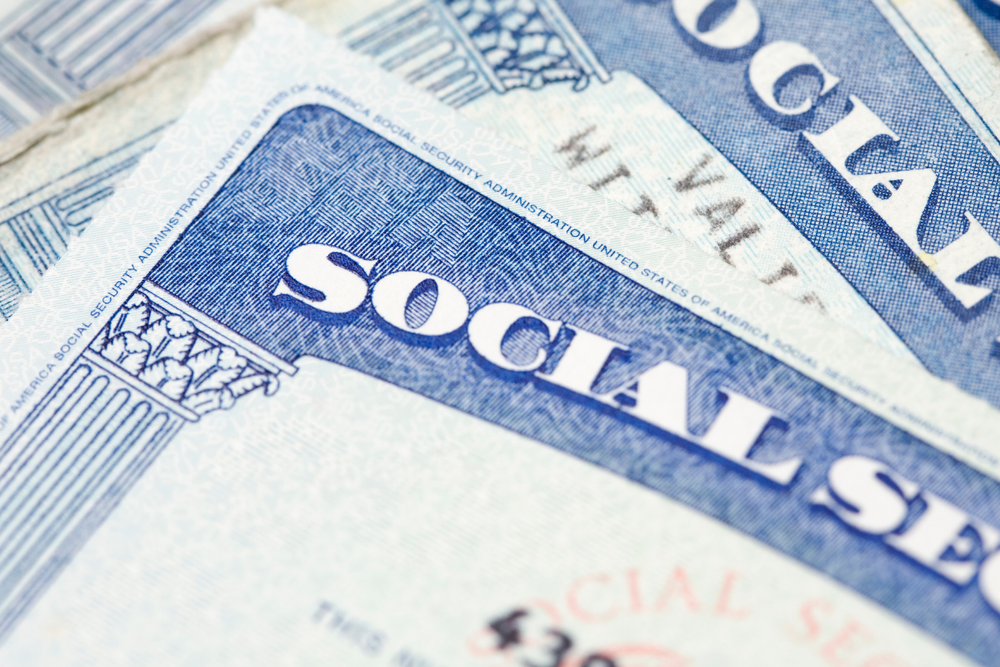Post Disclaimer: This blog reflects the author's personal experience with end-of-life matters and is provided in good faith for informational purposes only. While we aim to provide clear guidance on hard-to-find topics, this content is not legal advice and your use is at your own risk. Estate planning and end-of-life laws vary by location, so please consult your state's laws and seek guidance from a licensed attorney for your specific situation. We make no warranty about the accuracy or completeness of this information, which does not replace professional legal counsel. For more information, please see our full disclaimer.
The loss of a loved one is an emotionally challenging time, often complicated by the numerous practical tasks that follow, including completing a death notification checklist.
Notifying various entities of the death is a crucial responsibility.
A comprehensive death notification checklist can be invaluable in managing this process.
This guide aims to provide an extensive death notification checklist covering government agencies and commercial entities that typically require notification when a relative passes away.

Why a Death Notification Checklist is Important
A death notification checklist serves multiple purposes:
- It helps prevent identity theft by ensuring accounts are closed promptly.
- It stops benefits or services that should no longer be active.
- It initiates processes for survivor benefits or estate management.
- It provides a systematic way to track which notifications have been made.

Key Components of a Death Notification Checklist
Government Agencies
Your death notification checklist should include these key government agencies:
a) Social Security Administration (SSA)
- Phone: 800-772-1213
- Website: www.ssa.gov
- What to do: Report the death and inquire about survivor benefits.
b) Veteran's Administration (for former military members)
- Phone: 800-827-1000
- Website: www.va.gov
- What to do: Report the death and inquire about survivor benefits or burial benefits.
c) Defense Finance and Accounting Service (for military retirees receiving benefits)
- Phone: 800-269-5170
- Website: www.dfas.mil
- What to do: Report a military retiree's death to DFAS to stop retirement pay and discuss any unpaid benefits.
d) Office of Personnel Management (for retired or former federal civil service employees)
- Phone: 888-767-6738
- Website: www.opm.gov
- What to do: Report the death to stop retirement benefits and inquire about survivor benefits.
e) U.S. Citizenship and Immigration Service (if the deceased was not a U.S. citizen)
- Phone: 800-375-5283
- Website: www.uscis.gov
- What to do: Report the death and discuss any implications for related immigration cases.
f) State Department of Motor Vehicles
- Contact information varies by state—see the downloadable state-by-state contact list below
- What to do: Cancel driver's license to prevent identity theft
For each agency on your death notification checklist, you'll typically need the deceased's Social Security number and a copy of the death certificate.
Financial Institutions
The financial section of your death notification checklist should include:
a) Banks and credit unions
- Contact the specific institutions where the deceased held accounts
- What to do: Notify of the death, close accounts, or transfer ownership
b) Credit card companies
- Contact each company separately
- Major companies:
- American Express: 800-528-4800
- Visa: 800-847-2911
- Mastercard: 800-627-8372
- Discover: 800-347-2683
- What to do: Report the death and close accounts
c) Mortgage lenders
- Contact the specific lender
- What to do: Notify of the death and discuss options for the mortgage
d) Financial planners and stockbrokers
- Contact the specific individuals or firms
- What to do: Notify of the death and discuss management of investments
e) Pension providers
- Contact the specific pension provider
- What to do: Report the death and inquire about survivor benefits
Insurance Companies
Don't forget to include these on your death notification checklist:
- Life insurance companies
- Health, medical, and dental insurers
- Disability insurers
- Automotive insurers
- Homeowner's or renter's insurance providers
Contact each specific insurance company.
You'll likely need to provide a copy of the death certificate and policy information.
Credit Reporting Agencies
An often overlooked but crucial part of the death notification checklist is contacting the three major credit reporting agencies:
a) Experian
- Phone: 888-397-3742
- Address: P.O. Box 9701, Allen, Texas 75013
- Website: www.experian.com
b) Equifax
- Phone: 800-525-6285
- Address: P.O. Box 105069, Atlanta, Georgia 30348
- Website: www.equifax.com
c) TransUnion
- Phone: 800-680-7289
- Address: P.O. Box 6790, Fullerton, California 92834
- Website: www.transunion.com
For each agency, request that they flag the deceased's credit report with "Deceased. Do Not Issue Credit."
You may also request a copy of the deceased's credit report to obtain a list of all creditors.
Membership Organizations
Your death notification checklist should also include various membership organizations:
- Professional associations and unions
- Health clubs and athletic clubs
- Automobile clubs (e.g., AAA)
- Alumni associations
- Social clubs (Rotary, Kiwanis, Lions, etc.)
- Veterans' organizations
Contact each organization individually to report the death and cancel or transfer membership as appropriate.
Commercial Entities
Finally, your death notification checklist should include relevant commercial entities:
- Utilities providers (electricity, gas, water, internet, etc.)
- Subscription services (magazines, newspapers, online services)
- Online accounts and social media platforms
- Mobile phone providers
- Streaming services (Netflix, Hulu, Amazon Prime, etc.)
Contact each entity separately to report the death and close or transfer accounts as needed.

Additional Steps
Beyond the primary death notification checklist, consider these additional steps:
- Request multiple copies of the death certificate. Many entities on your death notification checklist will require original copies.
- Register with the Deceased Do Not Contact List maintained by the Direct Marketing Association to reduce unwanted mail.
- Website: www.ims-dm.com/cgi/ddnc
- Fee: $1.00 to list the decedent's name
- Close or memorialize social media accounts, which may not be on a standard death notification checklist but are increasingly important in the digital age.
- Instagram: help.instagram.com/264154560391256

Wrap-up: Death Notification Checklist
While the task of notifying various entities after a loved one's passing can seem daunting, a comprehensive death notification checklist can significantly ease the process.
By systematically working through each category—government agencies, financial institutions, insurance companies, credit reporting agencies, membership organizations, and commercial entities—you can ensure that all necessary parties are informed.
Remember, it's okay to take breaks and ask for help when working through your death notification checklist.
The process can be emotionally draining, and it's important to take care of yourself as you navigate these necessary tasks.
By using this guide to create your personalized death notification checklist, you can approach this difficult task with organization and thoroughness, allowing you more space to focus on what truly matters—honoring and remembering your loved one.
Check out the Up & Doing glossary page for an alphabetical listing of key terms related to estate administration, funeral planning, and other end-of-life topics.




